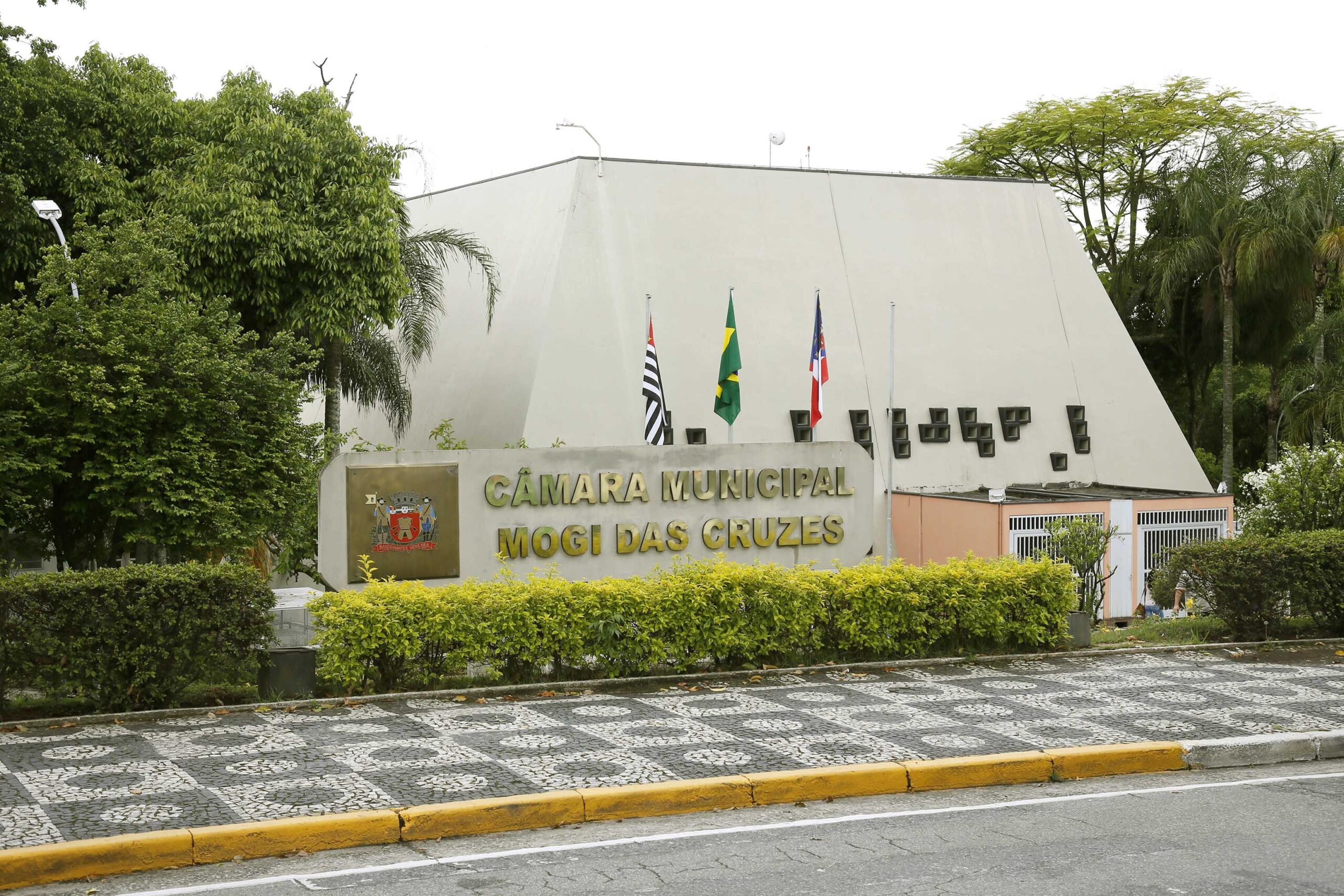Picture this: pick-up trucks cruising through the streets of Mogi das Cruzes, not as workhorses of construction sites or farms, but as taxis, ready to transport passengers to their destinations. This innovative proposal, put forward by Councilman Mauro de Assis Margarido, also known as Maurinho do Despachante, has recently gained the green light from the legislative body in a session filled with anticipation and debate.
The essence of the project lies in its ability to cater to the evolving needs of both taxi drivers and the public they serve. By allowing pick-up trucks to join the ranks of traditional taxis, the proposal seeks to address a growing demand for versatile transportation options. These sturdy vehicles, commonly seen navigating the urban landscape of cities like São Paulo and Suzano, are deemed suitable for the city’s infrastructure and present various advantages, such as increased cargo capacity and the ability to accommodate bulky luggage or goods.
“The inclusion of pick-up trucks in the taxi fleet not only expands the service offerings but also provides taxi drivers with a means to meet specific demands, such as transporting larger items or accommodating passengers with additional luggage,”
explains Councilman Margarido, emphasizing the practicality and versatility of these vehicles in enhancing the overall taxi service experience.
The proposed amendment to the existing municipal law sets clear guidelines for the use of pick-up trucks as taxis. These vehicles must meet specific criteria, including having a minimum of four doors, staying within a certain weight limit, and restricting passenger capacity to ensure safety and compliance with regulations. The intention is not only to regulate the use of pick-up trucks but also to formalize their role in the transportation sector, providing legal clarity for drivers who already own such vehicles but are currently unable to utilize them for passenger transport.
Moreover, the potential benefits extend beyond the convenience for passengers and drivers. By diversifying the taxi fleet, the proposal aims to stimulate the local economy and create new opportunities for taxi operators. The increased flexibility in service offerings is anticipated to attract a broader customer base, while also fostering competition and innovation within the taxi industry.
As the project moves towards the next stage of approval by the city administration, all eyes are on Mayor Mara Bertaiolli, who holds the power to either endorse or veto the initiative. With a 15-day window to carefully review the proposal, the mayor’s decision will shape the future landscape of taxi services in Mogi das Cruzes.
The ripple effect of this initiative can also be observed in neighboring cities like Suzano, where a similar law has been in place since 2024, allowing pick-up trucks to operate as taxis under specified conditions. The trend extends to the bustling metropolis of São Paulo, where a recent decree has paved the way for the inclusion of pick-up trucks in the taxi service sector, emphasizing the importance of modernization and diversity in meeting the evolving needs of urban transportation.
In conclusion, the approval of pick-up trucks for taxi services in Mogi das Cruzes marks a significant milestone in the evolution of the city’s transportation landscape. By embracing innovation and adapting to changing demands, the city sets a precedent for other municipalities, showcasing the potential for growth, efficiency, and customer satisfaction in the taxi industry. As the wheels of progress continue to turn, this decision heralds a new era of mobility and service excellence, driven by a commitment to meeting the dynamic needs of both passengers and drivers alike.









Leave feedback about this